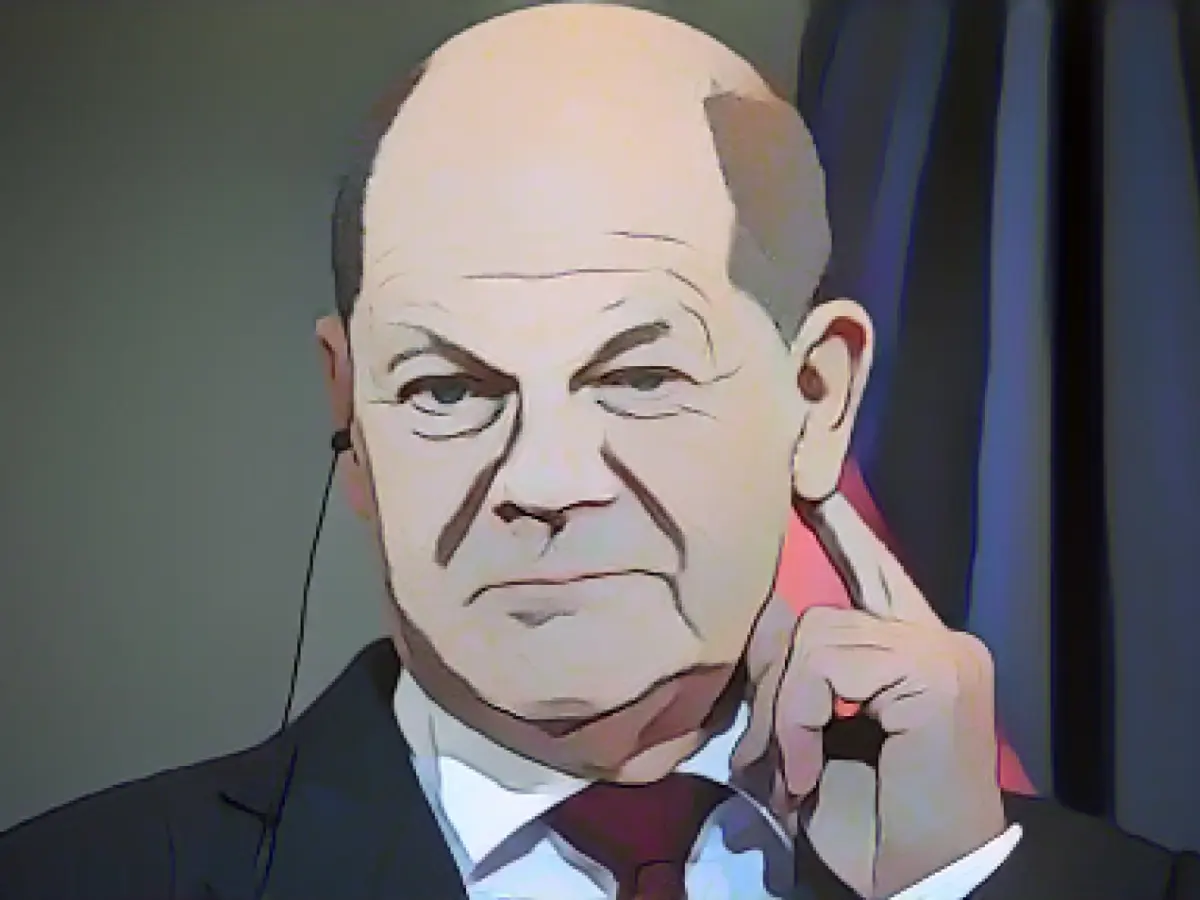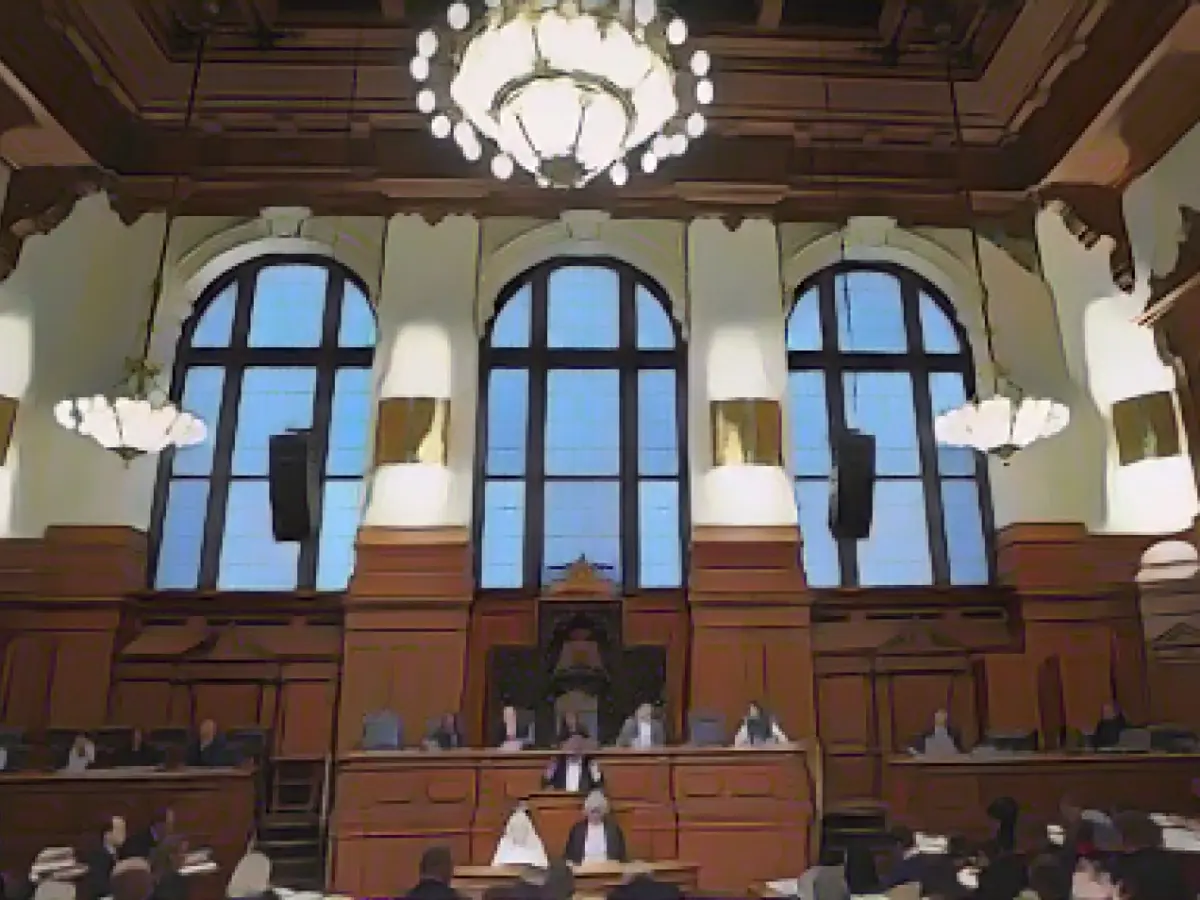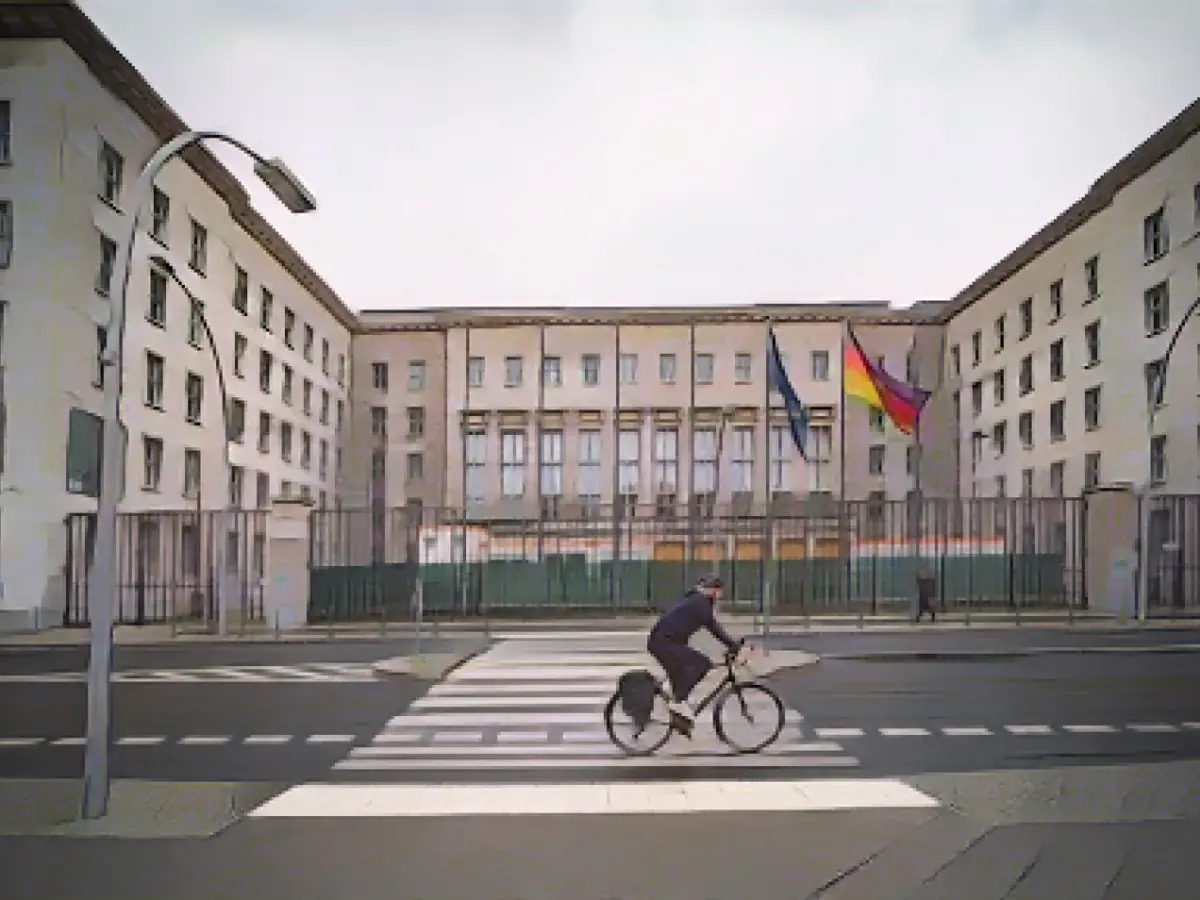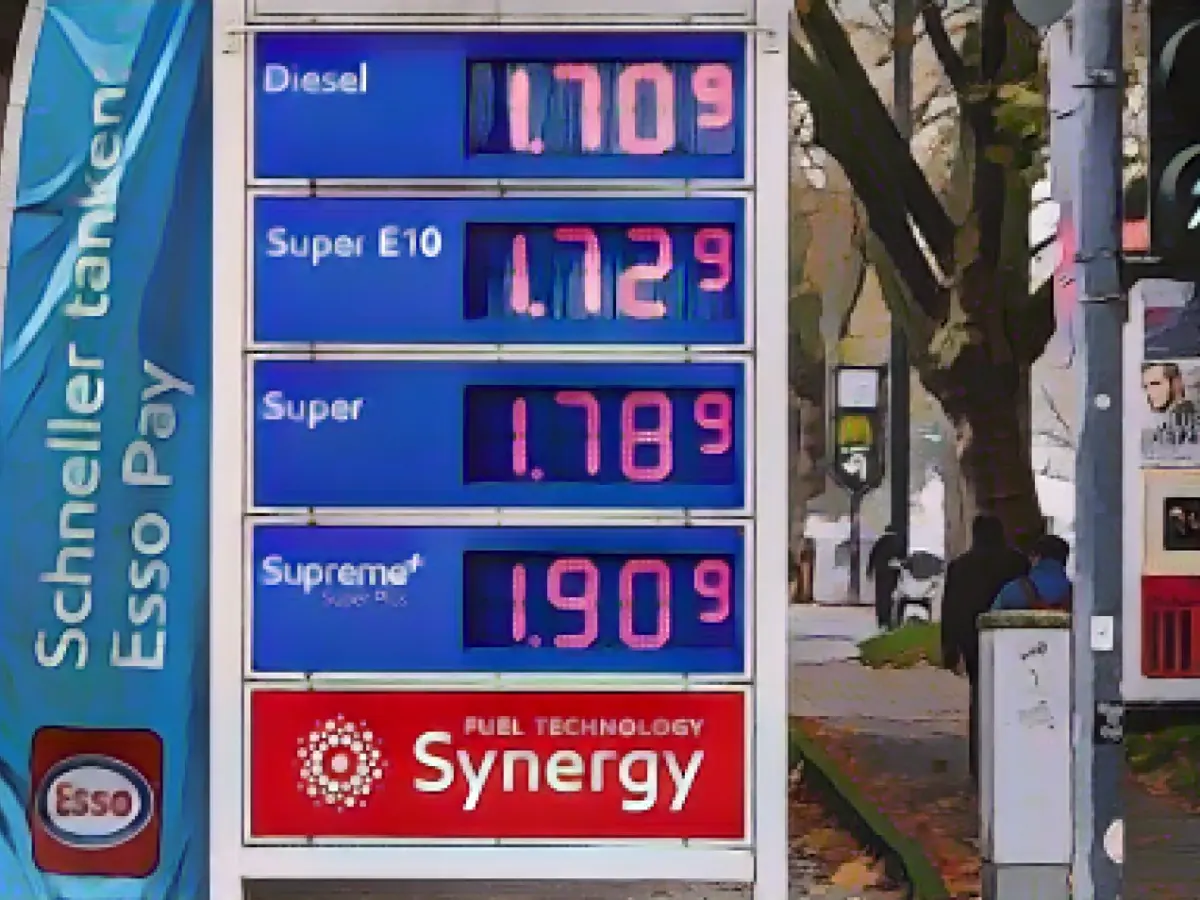Budget Blunder - Olaf Scholz's Unfortunate Anniversary
It's official: Germany will start the new year without a budget. Despite the best efforts of Olaf Scholz, Christian Lindner, and Robert Habeck, the budget hole torn by the Constitutional Court in the state coffers remains unfilled. On Thursday, Scholz became the first to break the news to his party committees and the parliamentary group. At least he's showing some initiative, even if it's unclear in which direction.
A budget is the cornerstone of every policy. A government incapable of agreeing on a joint budget is politically impotent, no matter how long this incapacity lasts. For a coalition, this is rock bottom. A budget isn't everything, but without one, nothing matters.
Arming up for the Party Conference with Empty Promises
As Scholz prepares to celebrate 25 years of marital bliss in his personal life, he faces an embarrassing anniversary in his political life. When he joins his comrades at the SPD party conference on Friday, exactly two years after his election to the Bundestag, he'll arrive empty-handed. His government still lacks a budget for 2024, his coalition's support has dwindled in the polls, and the confidence in Scholz's personal competence has plummeted.
The commendable crisis management displayed during the first year of the government has been overshadowed by a second year marked by the Heating Act, budget crisis, and helplessness. A government supposed to give the people a glimpse into the future is now leading them towards despair. At such times, people find comfort in the phrase: things can only get better. But in this case, that's not true.
"The Dominant Domestic Crisis of the Traffic Light Coalition"
Lars Klingbeil, leader of the SPD, has labeled the budget crisis as the "dominant domestic crisis" of the Traffic Light Coalition. The three most important politicians in the coalition have failed to jump over their shadows to repair the serious damage they caused with a risky financial maneuver at the beginning of their tenure.
Moreover, there's no sign of a political agreement on the future budget that could restore the coalition's damaged reputation. Ultimately, the question is who should bear the brunt of the damage caused by the Traffic Light Government. Tax increases, subsidy cuts, savings - no matter the government's choice, it seems like a car driver trying to get money from a passerby due to a parking fine.
Using a Questionable Solution to a Questionable Problem
If Scholz and his colleagues come up with a new financial trick to find the missing 17 billion euros, a pseudo-genius new accounting system, or even celebrate themselves for salvaging the situation, we must ask why they needed such solutions in times of need at the beginning of the coalition.
The fact remains: this coalition exists because they initially resorted to money they didn't have to overcome differences. They paid the entry fee for power with loans they weren't entitled to. They relied on muddling through. It's a mistake that can't be undone. And this is what the traffic lights now want to correct by continuing to muddle through. Who else are they trying to convince?
Additional Insights
- The budget crisis is the result of deep-seated ideological disagreements and external pressures, including the Russian-Ukraine war's impact on energy prices and subsidies.
- Chancellor Scholz's leadership and communication skills have been criticized, resulting in a loss of trust among voters.
- The budget crisis has become a central issue in the upcoming election campaign, with various parties advocating for differing approaches to fiscal policy.
- The likely government configuration after the election is a CDU/CSU coalition with either the SPD or the Greens, which will continue the debate over the constitutional debt limit.








